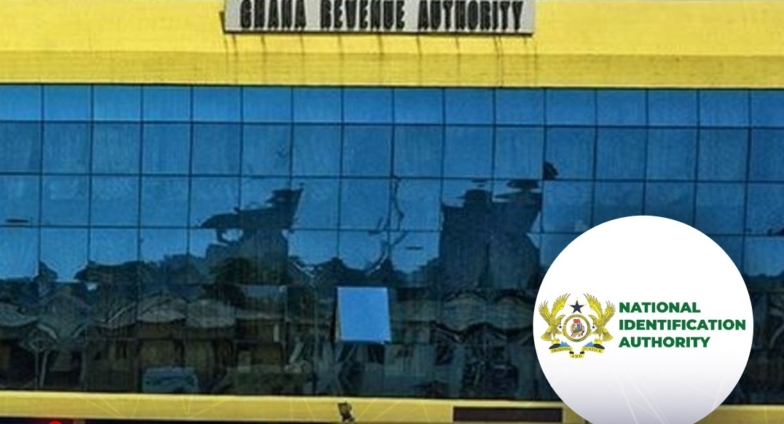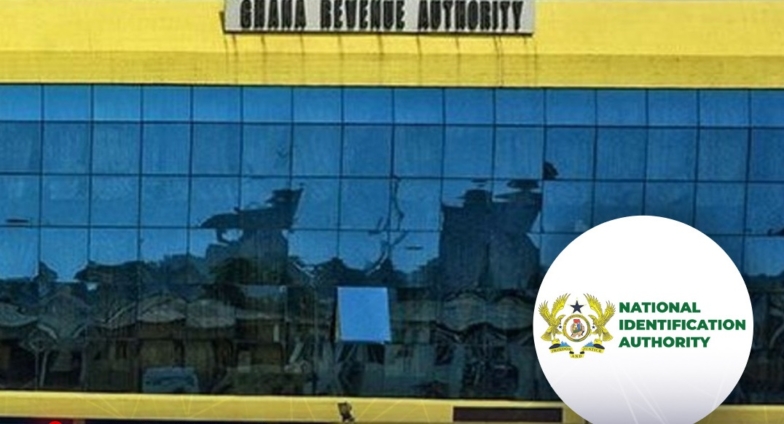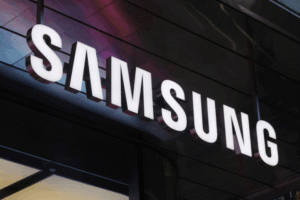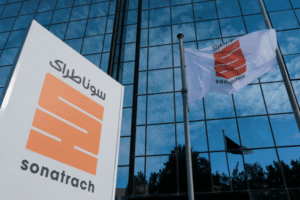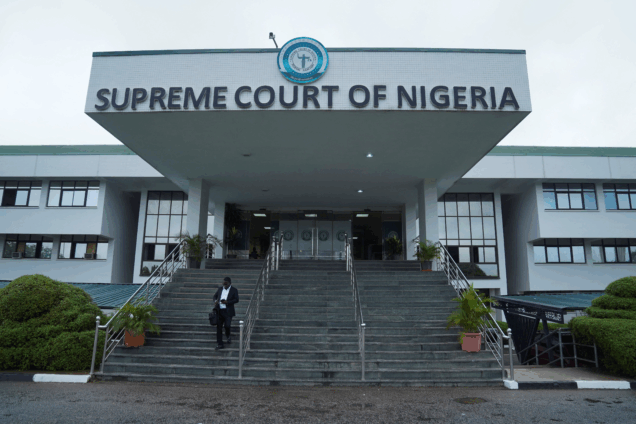The National Identification Authority (NIA) has taken the drastic step of disconnecting the Ghana Revenue Authority (GRA) from its Identity Verification Service (IVS) platform due to the GRA’s failure to settle a GH₵376 million debt.
The action has left many importers and exporters stranded as they are unable to clear goods at the country’s ports.
This move, which comes amid growing financial challenges for the NIA, is a major enforcement action against a state institution for non-payment of services.
The IVS platform is a critical digital infrastructure that enables public and private institutions to instantly verify the identity of individuals using the Ghana Card database.
This function is vital for a wide range of services, including revenue mobilisation, passport issuance, banking, and healthcare access.
The disconnection of the GRA means that the revenue collection agency can no longer use the platform to verify the identities of taxpayers and other individuals, potentially disrupting tax compliance efforts and other key operations.
Head of Corporate Affairs at the NIA, Williams Aumman Dallas, told JoyNews Editor Fred Smith in an interview on Tuesday, August 5, that “the verification platform needs to be maintained and we need money.”
In a press conference earlier, Mr Dallas highlighted the serious financial strain the authority is facing due to unpaid debts from various public institutions.
“Let me state that there are institutions that are owing us. These are public institutions, and I’ve been advised not to mention names. So I will not mention names, but it is honestly affecting our operations as an authority,” Dallas said.
He issued a strong appeal to all indebted public institutions to fulfil their financial obligations without delay, warning of similar punitive measures for non-compliance.
“And so by this press briefing, we are appealing to these public institutions to fulfil their financial obligations owed to us so that we can maximise our operations. Failure to fulfil their financial obligations; we will be left with no other choice than to deny them the services,” he stated.
The NIA’s financial woes have been a recurring issue.
The authority, which operates on a semi-commercial basis, generates revenue from providing identity verification services and the issuance of Ghana Cards.
However, a significant portion of its operational budget is often tied up in delayed payments from government agencies.
In 2024, the NIA reported an estimated debt of over GH₵ 150 million from various government entities, a figure that has likely grown.
The continuous debt has hampered the NIA’s ability to maintain its systems, expand its services, and even pay staff salaries on time.
The decision to single out and disconnect the GRA is particularly significant given the authority’s central role in the government’s revenue mobilisation efforts.
With the GRA now cut off from the IVS, it raises questions about the potential impact on the national digital tax payment system and the verification processes at land borders and ports.
